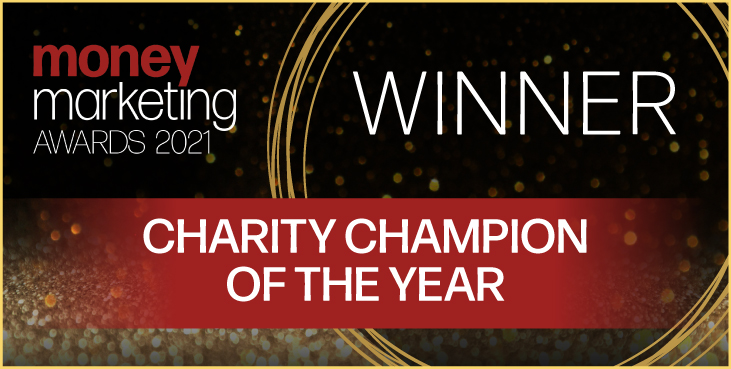When profit is not available it becomes difficult to measure effectiveness, so most charities don’t bother; at best they report on their outputs. But that can be highly misleading.
For example, a charity might tell you that they supply two additional teachers to a school in Africa. That sounds like a good project but perhaps it isn’t. It might encourage a cash restrained government to reallocate some of the existing teachers they supply to other schools, or perhaps the more urgent need is better infrastructure, not more staff. Unless you measure Impact you can’t tell what works best. That’s a problem for donors. Arguably it’s an even bigger issue for management of charities.
Why is there so little impact reporting?
Impact measurement is still in a formative phase and only used by a small minority of charities because:
- In many sectors impact is hard to measure, in some it is impossible
- The relevant time period can often be years
- Other factors may have contributed to the impact
- It involves cost and time
Despite these issues, impact measurement is gradually becoming accepted as the most reliable basis for evaluating interventions.
What to look for
In an ideal scenario you will be able to see a report produced by a respected independent organisation. Ideally this should include the results of a Randomised Control Trial (RCT) that will compare results of two cohorts of beneficiaries, one with and one without the intervention. However, these are still a rarity. In all cases what you should be trying to identify are the outcomes from the programme, not the outputs.
For an example of a detailed cost/benefit analysis look at this one produced by GiveWell.
If you need guidance on producing an Impact Report check out this work by New Philanthropy Capital (NPC).



